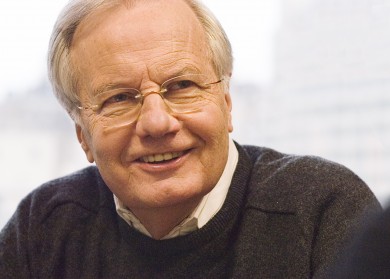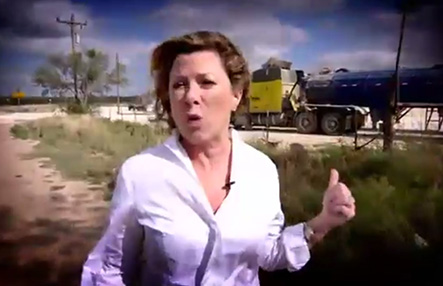Tag: Public affairs
Public TV stations collaborate on covering marijuana legalization
Top producers at five stations have devised a flexible approach for sharing news segments on timely national issues.Newsman Bill Moyers sets January 2015 as retirement date — really
Moyers, 80, has produced and anchored public-affairs programs and numerous specials on public television since 1971.Al Jazeera America: A news model pubTV should look to emulate
Most nationally distributed public TV series are docile and dull. The system could learn much from the bold, daring AJAM.Public affairs: What the invisible hand of the news market leaves all too invisible
People consuming public affairs coverage because of duty or a fascination with policy create a demand for news with context, ...Hopes of viewers and producers invested in Need to Know
Ten weeks before the air date of Need to Know, WNET announced the executive producer. Seven weeks before, the producing station named the co-anchors. ...Worldcasts: Long-overdue broadening of news horizons
Anyone who watched, say, the ABC World News in late November and early December would have known that a tiny band of terrorists had ...PBS to develop proposal for public affairs channel
Backed by a $200,000 Knight Foundation grant, PBS will develop a proposal for a public affairs channel — working title, Public Square ...To empower active citizens with knowledge, locally as well as nationally
When President Clinton had just taken office in 1993, Current asked an assortment of outside-the-Beltway people connected with public broadcasting to write open ...





